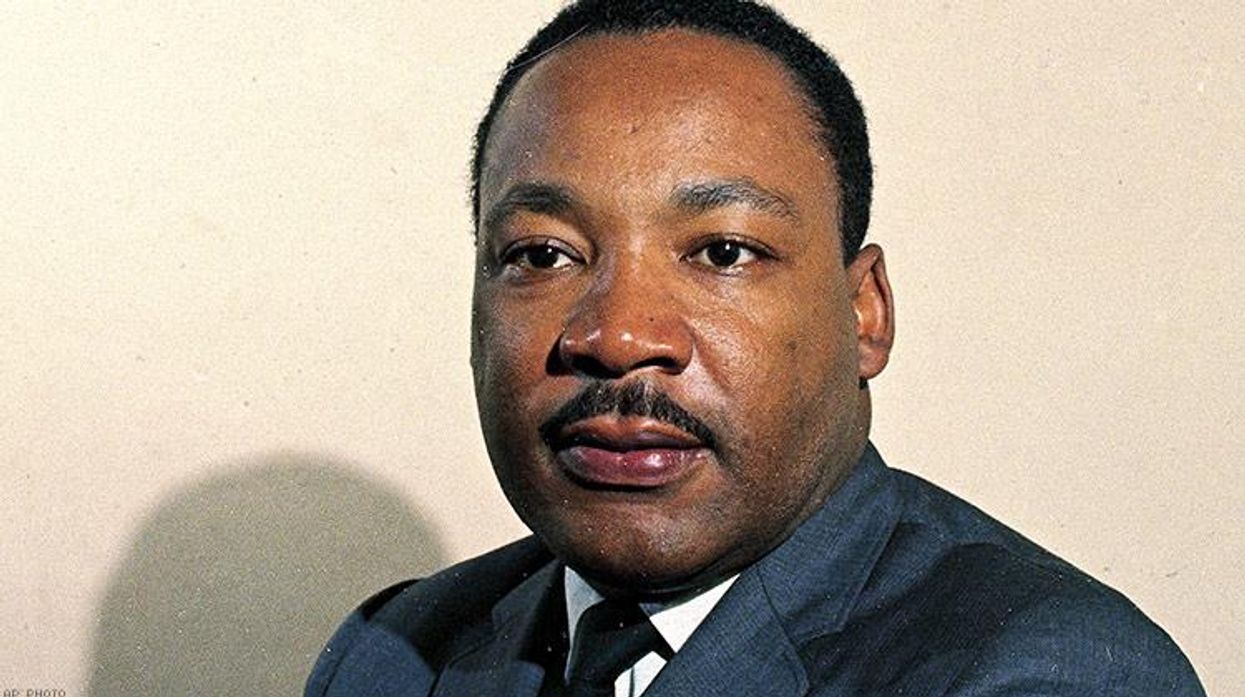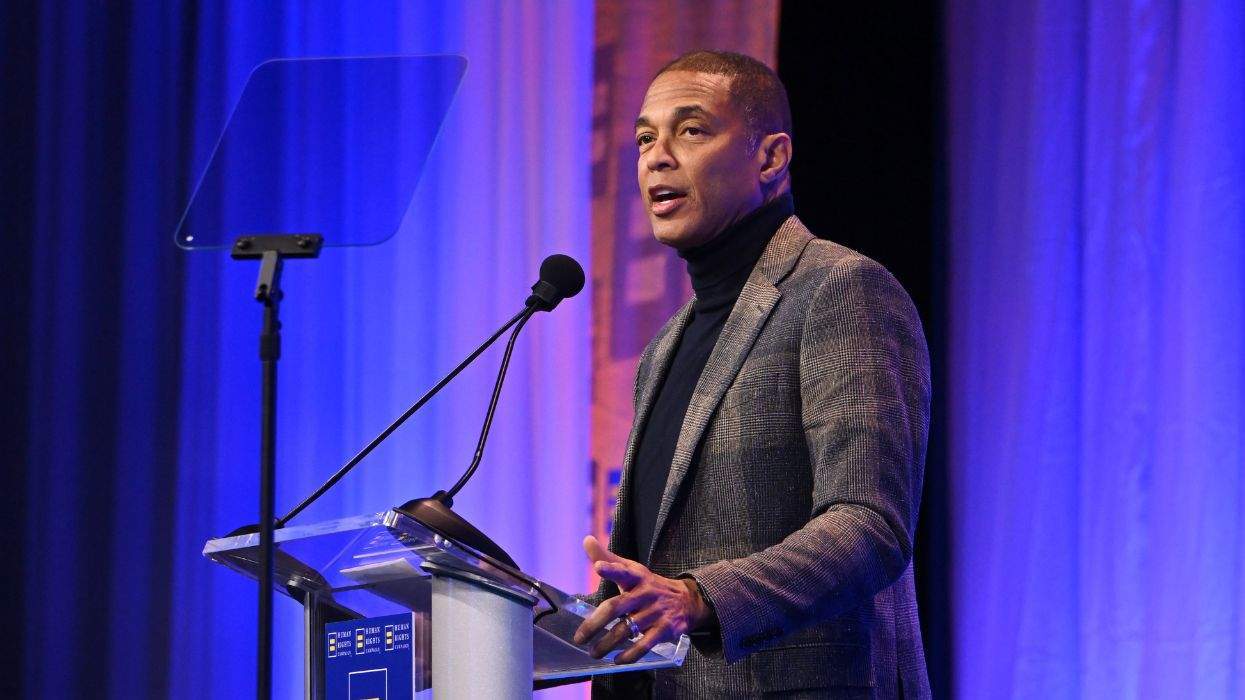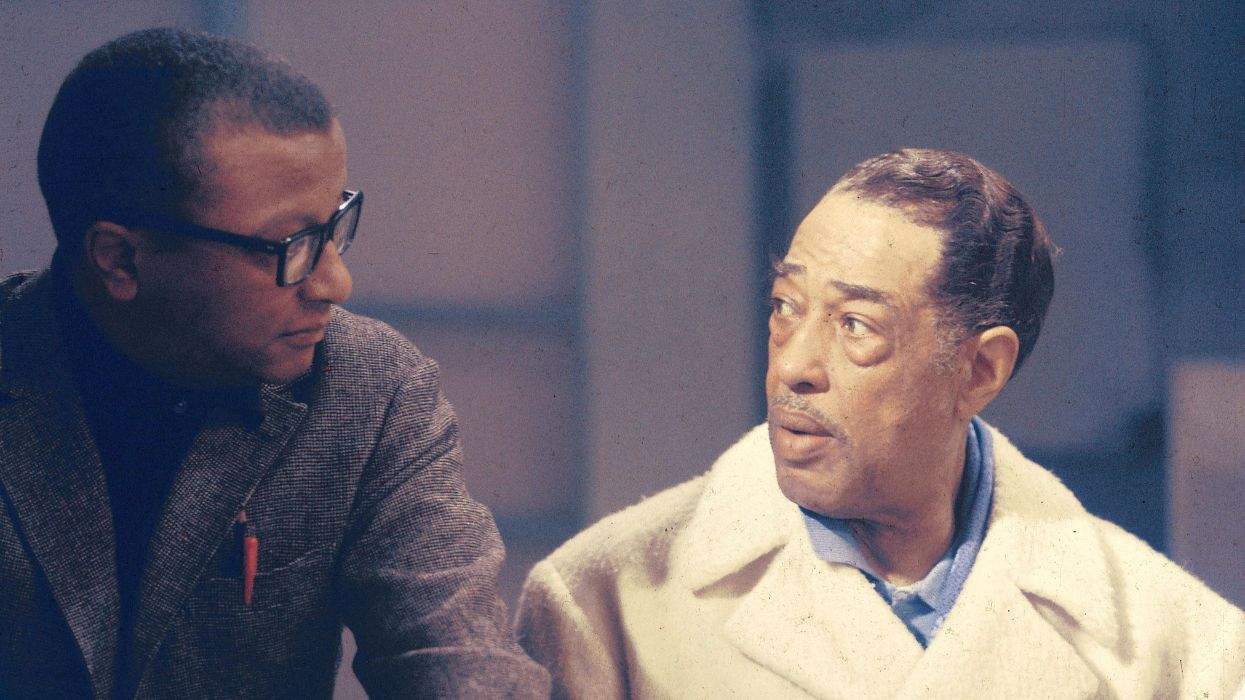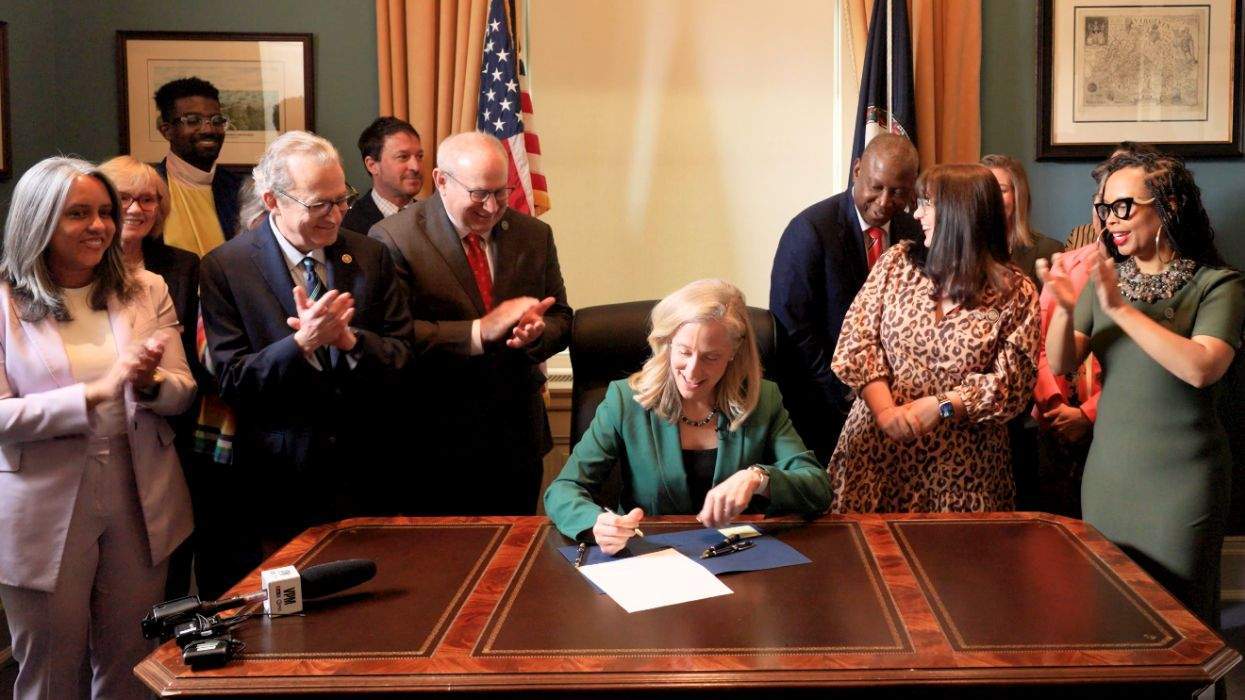The 50th anniversary of the Rev. Dr. Martin Luther King Jr.'s assassination is sadly a searing reminder of unaddressed gun violence in America. And because gun violence has gone unaddressed for half a century, the future generations of children who King so eloquently envisioned residing in a safer and healthier America now live in fear of guns -- when they are not running scared for their lives from them.
During the March for Our Lives student-led demonstration demanding safer gun laws that took place last month, one of the surprise guest speakers was 9-year-old Yolanda Renee King, granddaughter of Dr. King.
One of the hundreds of thousands of children and teens who came to the nation's capital with the mission to end school shootings, Yolanda Renee King told the audience, "My grandfather had a dream that his four little children will not be judged by the color of the skin, but the content of their character." Standing onstage alongside one of the Marjory Stoneman Douglas High School shooting survivors, Yolanda continued sharing her dream with the crowd: "I have a dream that enough is enough. And that this should be a gun-free world, period."
As I watched King's cherubic-looking granddaughter deliver her speech to a cheering crowd, I nearly cried, realizing Yolanda never met her grandfather, because a bullet took his life at the age of 39.
King wrote in his "Letter From Birmingham Jail" in April 1963, "Whatever affects one directly, affects all indirectly. ... This is the interrelated structure of reality." No one could have forseen that the number 1 issue all American school-age children face in 2018 would be an epidemic of school shootings -- whether in wealthy suburbs like Newtown, Conn., and Parkland, Fla., or cities like Chicago and Baltimore. Gun violence is killing our children, and gun reform continues to be that issue we as a country can't seem to budge on.
It was a similar problem 50 years ago.
Just two months after King's death in April, with the nation still in mourning, New York senator and presidential hopeful Robert F. Kennedy was assassinated. His brother, President John F. Kennedy, was assassinated five years earlier, in November 1963. Immediately following JFK's assassination, King told his executive director of the Southern Christian Leadership Conference, Andrew Young Jr., "Guns are going to be the death of this country."
President Lyndon B. Johnson thought so too. Johnson wrote to Congress requesting stronger gun laws in the wake of RFK's death. "Far too many [guns] were bought by the demented, the deranged, the hardened criminal, and the convict, the addict, and the alcoholic. So, today, I call upon the Congress in the name of sanity ... and in the name of an aroused nation to give us the Gun Control Law it needs." Johnson managed to achieve passage of landmark civil rights legislation during his tenure, but he could not make a dent on gun reform.
King would have been proud of the March for Our Lives demonstration. It showed the collective power of children and teen activists to shame and bring recalcitrant Second Amendment advocate lawmakers to their knees as the "Children's Crusade" of 1963 did in Birmingham, Ala. The Children's Crusade braved arrests, fire hoses, and police dogs to bring to the nation's attention their state's unrelenting segregation laws.
I don't know if MLK could have ever imagined an epidemic of school shootings. No one could. He did, however, speak out about America's children being reared on a steady diet of violence, suggesting a link between watching violent acts in movies or on television and antisocial, aggressive behavior.
"By our readiness to allow arms to be purchased at will and fired at whim, by allowing our movie and television screens to teach our children that the hero is one who masters the art of shooting and the technique of killing, by allowing all these developments, we have created an atmosphere in which violence and hatred have become popular pastimes," King said in 1963.
King's assassination shocked the nation. The weapon used was the Remington 30-06 hunting rifle, a weapon easily obtained then, just as today it is easy to obtain an AR-15 -- the weapon used in the Valentine's Day massacre at Marjory Stoneman Douglas High School in Parkland.
While Johnson redoubled his efforts to get sensible gun laws in place with each act of gun violence, President Trump has not.
There have been 17 school shootings since March of this year. The high volume of school shootings can be traced to the National Rifle Association and its allies employing tactics similar to those used 50 years ago to obstruct gun safety legislation. No one, however, could have predicted the NRA would use those same tactics against the safety of our children too. But our kids have spoken up, and they want sweeping new gun control laws -- not crumbs.
King's assassination is a glaring reminder of what happens to a future generation when an important issue like gun safety goes unaddressed. In King's famous "I Have a Dream" speech he said, "Now is the time to make justice a reality for all of God's children. It would be fatal for the nation to overlook the urgency of the moment." I'm hoping lawmakers are listening this time.
REV. IRENE MONROE does a weekly Monday segment, "All Revved Up!" on Boston Public Radio and is a weekly Friday TV commentator on New England Channel NEWS. She's a theologian and religion columnist.















Charlie Kirk DID say stoning gay people was the 'perfect law' — and these other heinous quotes
These are some of his worst comments about LGBTQ+ people made by Charlie Kirk.